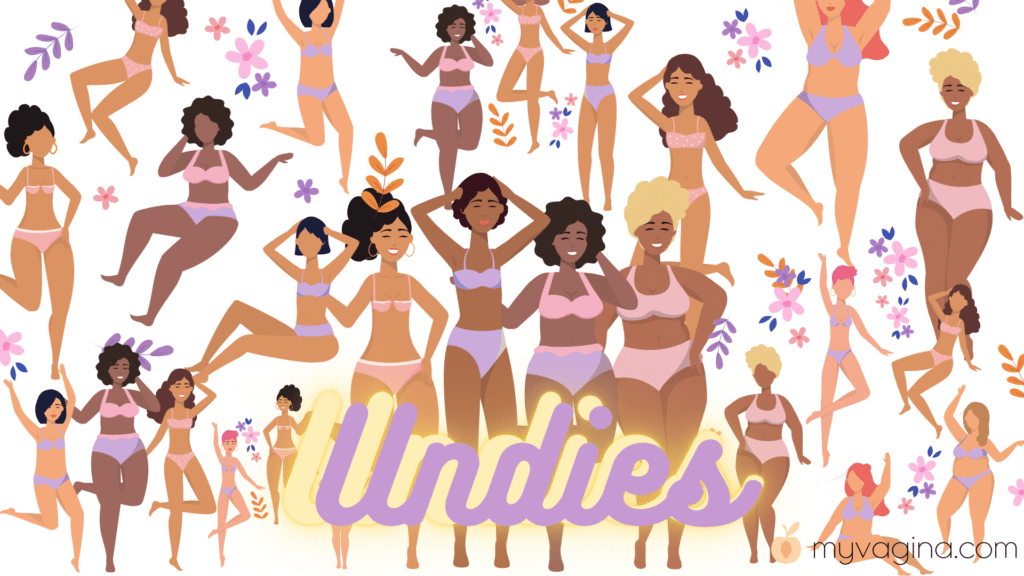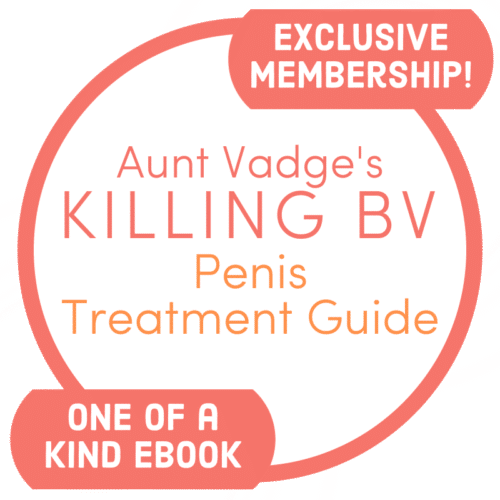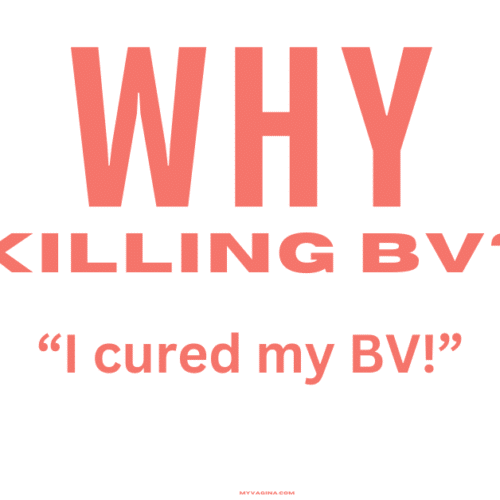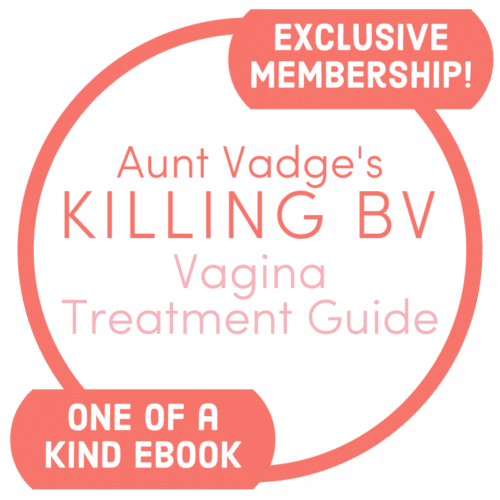How to underwear if you have vulvovaginal issues
Women who don’t have vulvar or vaginal problems can wear whatever lingerie or underwear that they enjoy, but those of us with issues need to be more careful.
Why take care with underwear?
Because there are so many ways to be irritated by your underwear, that’s why. It could be the fabric, breathability, moisture control, allergies to dyes, and tightness.
White cotton – while not magic in and of itself – is typically your best best. Cotton absorbs moisture, keeping it off the skin for longer, and white is bleached, not dyed.
Washing underwear
Wash your underwear in very mild hypoallergenic detergent. Many allergies are not to the underwear per se, but to the chemicals and perfumes they are washed in.
Avoid bleach, fabric softeners (which leave residue), perfumes, and added extras.
Tight undies
Tight underwear keeps moisture trapped, and your flesh close to the fabric. Spandex and lycra are no-gos for those with vaginal problems, but it can also extend to g-strings (thongs), snap-crotches, stockings, and control underwear.
Alternatives include boy-shorts, going commando (no underwear at all), boxer shorts, or loose-fitting briefs. Studies show that women who wear tight clothing and non-cotton underwear have more yeast infections.
Going commando (no underwear)
Many women find that during some parts of their cycle, vaginal secretions are scant, or conversely, a short-stringed tampon keeps blood and secretions at bay, and this can be a great time to go commando.
Skirts make this the easiest, but being able to feel ‘life’ – thighs or fabric – pressing on your labia does take some getting used to. If you have a lot of discharge, it can be uncomfortable, as the liquid goes down your thighs and over clothing.
Sleep without underwear as a general rule. If you have vaginal infections or issues, please be sure to see someone to get it treated. Cotton briefs are not going to save you!






